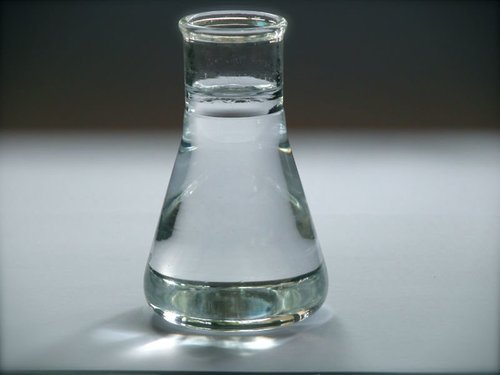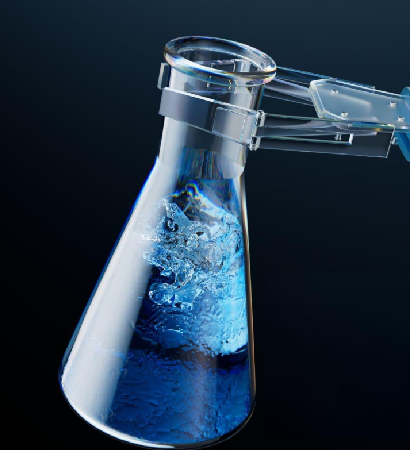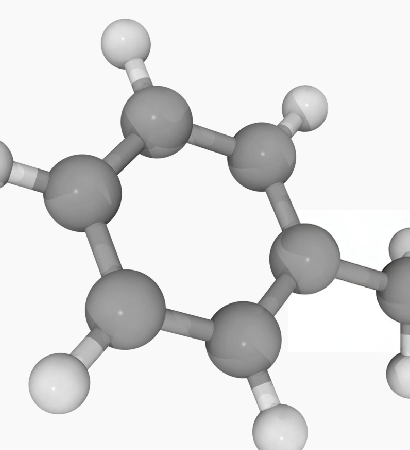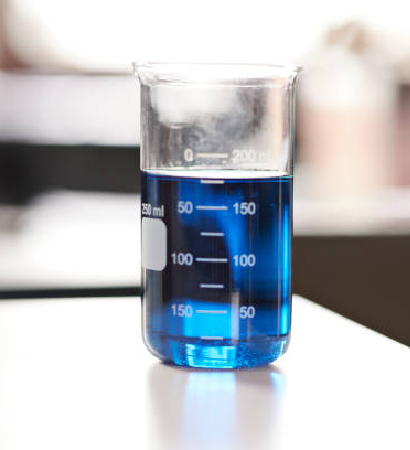
 GET TO KNOW GFF
GET TO KNOW GFF
Specialty Chemicals
Our specialty chemicals portfolio includes Methanol, Ethylene Glycol, Toluene, and Benzene. These essential chemicals support diverse industries, enabling innovation in manufacturing, energy, and advanced material solutions.
Specialty Chemical
Includes Methanol, Ethylene Glycol, Toluene, and Benzene, which are critical for various industrial applications.

Industrial Applications
These chemicals support innovation in manufacturing, energy production, and the development of advanced materials.


Specialty Chemicals Production and Processing
- Methanol: Produced by reacting carbon monoxide and hydrogen under high pressure and a catalyst.
- Ethylene Glycol: Made through oxidation of ethylene to ethylene oxide, followed by hydration to produce ethylene glycol.
- Toluene and Benzene: Separated and purified using advanced distillation and reforming techniques.
 FAQ
FAQ
Freequently Asked
Questions
Methanol, Ethylene Glycol, Toluene, and Benzene are essential chemicals used in various industries. They are produced through specific chemical processes, stored securely, and transported under strict safety regulations to ensure quality and compliance.

-
 What are the primary uses of Methanol, Ethylene Glycol, Toluene, and Benzene?
What are the primary uses of Methanol, Ethylene Glycol, Toluene, and Benzene?
Methanol is commonly used in fuel production, solvents, and plastics, while Ethylene Glycol plays a key role in antifreeze, coolant, and polyester production. Toluene is widely utilized as a solvent and in the production of chemicals like benzene and xylene. Benzene, on the other hand, serves as a precursor to various chemicals, including styrene and synthetic rubbers, contributing significantly to industrial manufacturing processes.
-
 How are these specialty chemicals produced?
How are these specialty chemicals produced?
Methanol is produced through the reaction of syngas, a mixture of carbon monoxide and hydrogen. Ethylene Glycol is created by first oxidizing ethylene to ethylene oxide, which is then hydrated to form ethylene glycol. Toluene and Benzene are primarily obtained through the refining of crude oil, where they are separated and purified during catalytic reforming processes. These production methods are integral to generating high-purity chemicals used across various industries.
-
 What safety measures are in place for transporting and storing these chemicals?
What safety measures are in place for transporting and storing these chemicals?
These chemicals are stored in secure, specialized tanks to prevent leaks or contamination. Transportation follows strict safety regulations using climate-controlled tankers, ensuring compliance with environmental and safety standards throughout storage and delivery.










